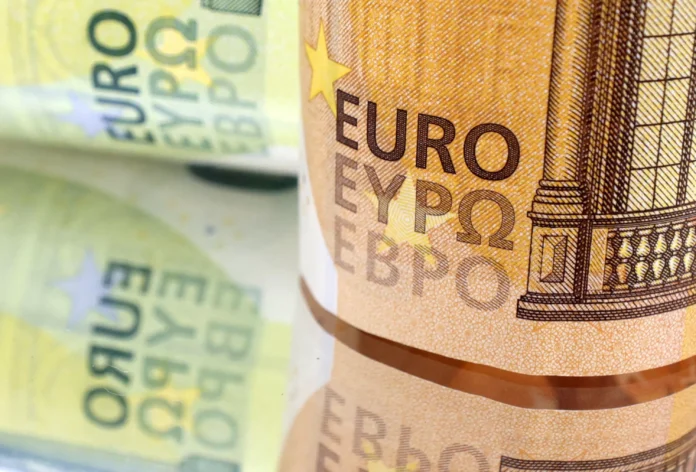In 2016, the then-president of the European Commission, Jean-Claude Juncker, made a crucial decision that has had a significant impact on the economic situation in France. Juncker justified Brussels’ decision to relax the EU’s budget regulations for France, a large, founding member of the European Union. This move was met with both praise and criticism, but Juncker stood by his decision, citing the need for flexibility in such delicate economic times.
The European Union was founded on the principles of cooperation and solidarity among its member states. From the very beginning, the aim was to create a strong and prosperous Europe by promoting economic growth and stability. However, in recent years, the EU has faced numerous challenges, including the global financial crisis of 2008, Brexit, and the ongoing refugee crisis. These factors have put a strain on the financial stability of the EU, and it became increasingly clear that a rigid adherence to budget regulations could hinder growth and recovery.
In this context, Juncker’s decision to relax the EU’s budget regulations for France was a necessary step towards ensuring the country’s economic stability and success. France, being one of the founding members of the EU, has played a vital role in shaping its policies and shaping the European economy. However, in recent years, France has been struggling with sluggish economic growth and high unemployment rates. This has led to an increase in public debt, which has forced the country to face strict EU budget regulations.
With the relaxation of these regulations, France was given the much-needed breathing room to stimulate its economy and create new jobs. This was in line with the EU’s overall goal of promoting economic growth and reducing unemployment, especially in countries that have been facing economic challenges. By loosening the budget regulations, Juncker showed great foresight and understanding of the economic situation in France and provided a much-needed boost for the country’s economy.
Some criticized Juncker’s decision, claiming that it went against the very principles of the European Union. However, it is essential to understand that the EU is not an inflexible institution; rather, it is an evolving entity that adapts to the changing needs of its member states. In this case, relaxing the budget regulations for France was a necessary measure to ensure that the country does not fall into a deep economic crisis. Juncker’s decision was a testament to his commitment to the success of the EU and its member states.
Moreover, Juncker’s decision was not an isolated one; it was part of a larger plan to reform the EU’s economic policies and make them more flexible. This included a proposal for a new budget framework that allows for more investment flexibility, especially in times of economic crisis. Juncker’s vision for a more united and prosperous Europe was evident in his decision, and it has helped pave the way for a stronger and more cohesive EU.
It is also worth mentioning that France has taken significant steps towards implementing structural reforms and reducing its public deficit, which has assured the EU of its commitment to responsible fiscal management. In this sense, Juncker’s decision was not a blanket approval of France’s economic policies; instead, it served as a reminder that the EU will support countries that take necessary steps towards economic stability and growth.
In conclusion, Jean-Claude Juncker’s decision to relax the EU’s budget regulations for France in 2016 was a necessary and well-thought-out move that has had a positive impact on the country’s economy. It has also shown the EU’s willingness to adapt to the changing needs of its member states and provide support in times of crisis. Juncker’s vision for a stronger and more united Europe has served as a guiding force in his decision and has helped pave the way for a brighter future for France and the European Union as a whole.


